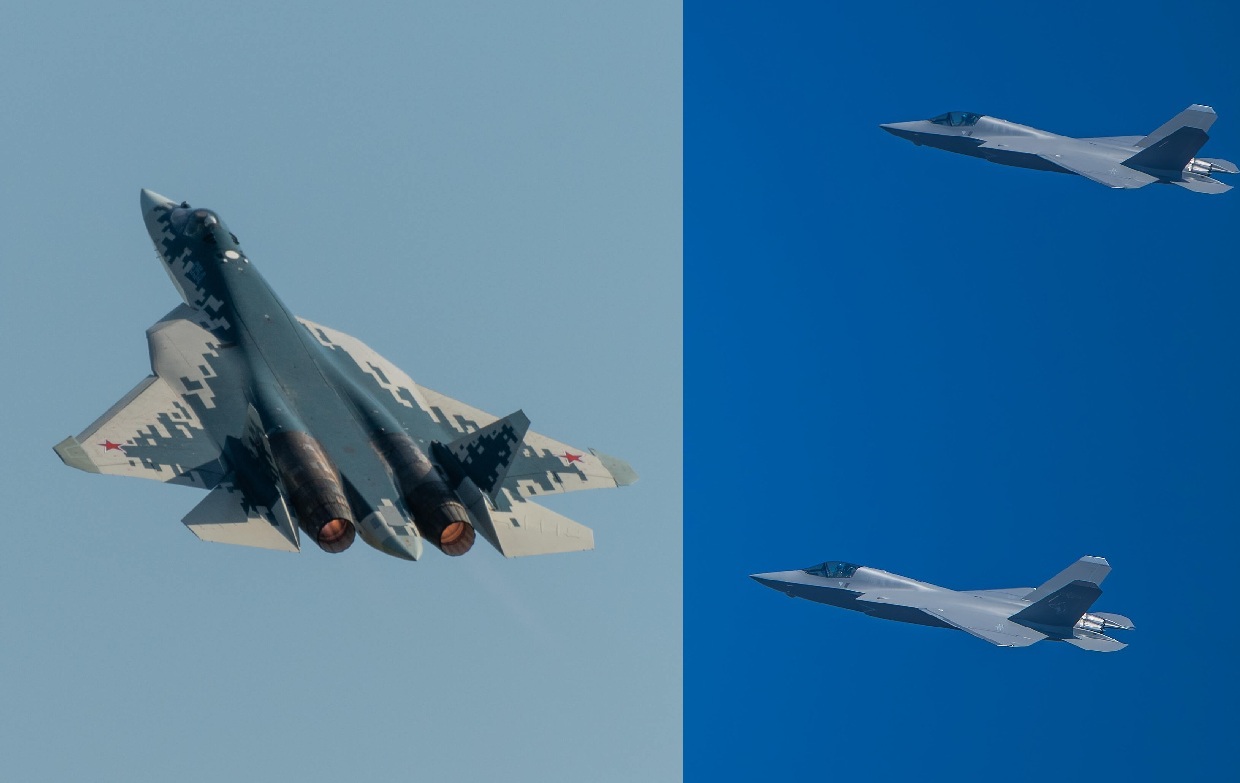By Dylan Malyasov
Copyright defence-blog

Reports that India may seek to acquire Su-57 stealth fighter jets from Russia have sparked reactions across South Asia, where long-standing tensions continue to shape defense planning. In a conversation with Defence Blog, Pakistani military analyst Zarvan Ali described how such developments are viewed in Islamabad. “Everything India procures is considered a danger due to nature of relations between Pakistan and India. But instead of getting scared, we have always worked on how to counter it,” he said. Ali emphasized that Pakistan does not see the Su-57 as a game-changer in itself, noting that New Delhi has faced similar challenges in the past with high-profile acquisitions. “And this time it’s India which is looking to catch up because Pakistan has already announced that soon we would procure J-35 from China. Yes, SU 57 is one of a plane but so was Rafale,” he explained. The French-built Rafale fighter, he said, had been regarded as a strong addition to India’s arsenal. “Rafale is a beast in the 4.5th Generation Category and on paper a much better plane if compared to J-10C. Still, the result was seen by the entire world when Rafale and J-10 came face to face duringthe May conflict between India and Pakistan,” Ali noted. For Ali, the real question lies not in the airframe but in how India integrates new capabilities. “The problem with Indian mindset is that they still think modern warfare is all about getting a bigger and better and more powerful plane. But the warfare has totally changed. The new technologies such as electronic warfare, use of AWACS, use of satellites, intelligence sharing and above all smooth integration of all these components will decide the fate of modern conflicts,” he said. According to Ali, India continues to face hurdles in this area. “India, every time, has failed to properly integrate its new weapons. Many of their planes can’t talk to each other and are prone to electronic warfare, jamming and other tactics. India, until it works on them, can’t employ any weapon well, whether it’s F-35, SU-57 or Rafale for that matter,” he said. The Su-57, manufactured by Russia’s United Aircraft Corporation, is promoted as a fifth-generation fighter with stealth features, advanced avionics, and long-range strike capability. For India, adding such aircraft would represent another step in its effort to modernize the Air Force amid ongoing border disputes and strategic competition with both Pakistan and China. But as Ali argued, Islamabad sees the issue less as a sudden threat and more as a continuation of the regional arms dynamic. Pakistan’s own plans to acquire the Chinese J-35 are central to this calculation, placing emphasis on countering new platforms while focusing on systems integration and emerging technologies. As the debate unfolds, India’s possible Su-57 purchase highlights the broader challenge for both nations: modernizing air power while adapting to a rapidly evolving technological environment. For Pakistan, the response is framed not in alarm but in preparation. As Ali put it, “Instead of getting scared, we have always worked on how to counter it.”